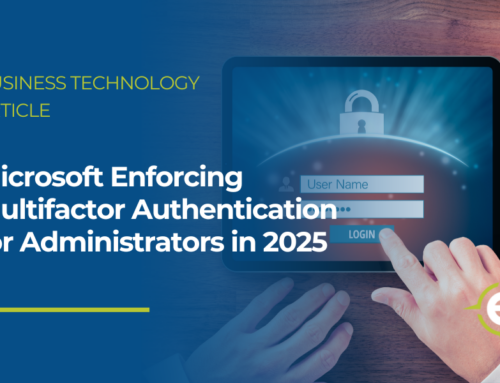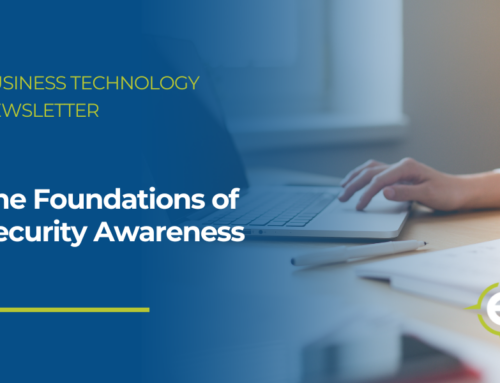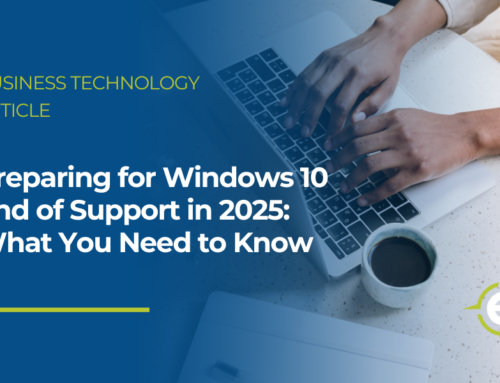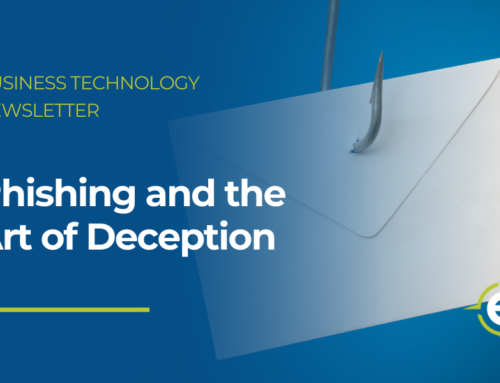Tax Scams – Part 1
Each year the IRS releases their “Dirty Dozen” that lists the top 12 scams impacting taxpayers that year. The IRS recently released part 1 of their 4 part series for this year. With the various rounds of stimulus payments, Child Tax Credit payment advances, and the Paycheck Protection Program on top of the yearly tax returns, this year more than ever, it is essential to stay vigilant to protect yourself against scammers.
Part 1 of the “Dirty Dozen” focuses on pandemic-related scams—stimulus payment theft, unemployment fraud, and additional protection to help protect taxpayers.
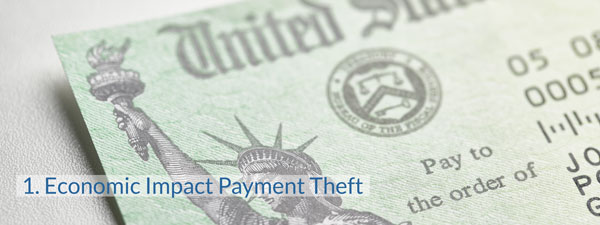
A new threat that became a target for thieves in 2020 is Economic Impact Payments, more commonly known as stimulus payments. This has continued to be a target for identity thieves in 2021. Here are a few ways that scammers are trying to trick taxpayers.
- Text messages, phone calls, or emails claiming to be the IRS asking about bank account information or including a link to verify your information. Most eligible people will receive their payments automatically from the IRS via bank information provided on your tax return. Therefore, there will be no need to send or verify bank information. Ignore and delete any suspicious messages.
- If you are expecting your payment via mail, check your mail frequently and report any suspected lost mail to the postal inspectors. The USPS also allows some customers to sign up for Informed Delivery to receive a daily email informing them of the mail scheduled to be delivered to their homes that day. Contact the USPS for more information.
- The IRS will not initiate any contact via phone, email, text, or social media asking for personally identifiable information such as social security numbers, financial information, etc. Never give away that information to prevent identity theft.
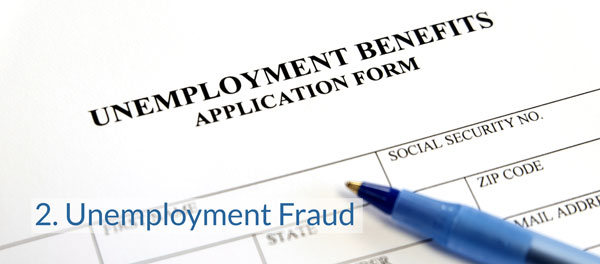
Another scam heightened by the pandemic is unemployment fraud. The COVID-19 pandemic caused many taxpayers to lose their jobs and file for unemployment benefits from their state. Thus, creating an opportunity for scammers to file fraudulent claims and receive unemployment compensation using stolen personal information of taxpayers who did not file for such benefits.
A tip from the IRS is to keep an eye out for Form 1099-G reporting unemployment benefits. If you received this form but did not receive benefits, this is a red flag and should be reported to your state agency right away. The IRS has put together Identity Theft and Unemployment Benefits and DOL.gov/fraud for state-by-state reporting information.
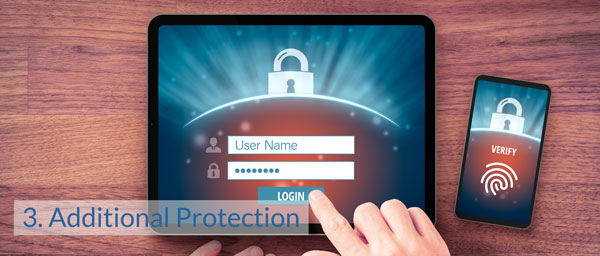
The IRS has made changes to help prevent fraud and protect taxpayers, including:
- Identity Protection PIN (IP PIN) – This PIN is now available to all taxpayers. Previously it was only available to those who had been victims of identity theft or taxpayers in certain states. The IP PIN is a unique six-digit code that helps prevent thieves from filing fraudulent tax returns using someone else’s information. This IP PIN should be kept private.
- Security Measures to Reduce Refund Fraud – The IRS and its partners have made the following changes:
- Tax software providers strengthened password protocols
- Driver’s license numbers required by state agencies to file
- Limited the number of refunds going to financial accounts or addresses
- Masked personal information from tax transcripts
- Multi-Factor Authentication – Effective in 2021, online tax software products used by taxpayers and tax professionals must contain options for multi-factor authentication, adding an additional layer of security. An example of multi-factor authentication would be to require a security code to be sent to a mobile phone associated with the account, in addition to the username and password.
As the IRS continues to release parts 2-4 of the “Dirty Dozen” list, we will be here to break it all down for you. Including personal information cons, ruses focusing on unsuspecting victims, and schemes that persuade taxpayers into unscrupulous actions.

